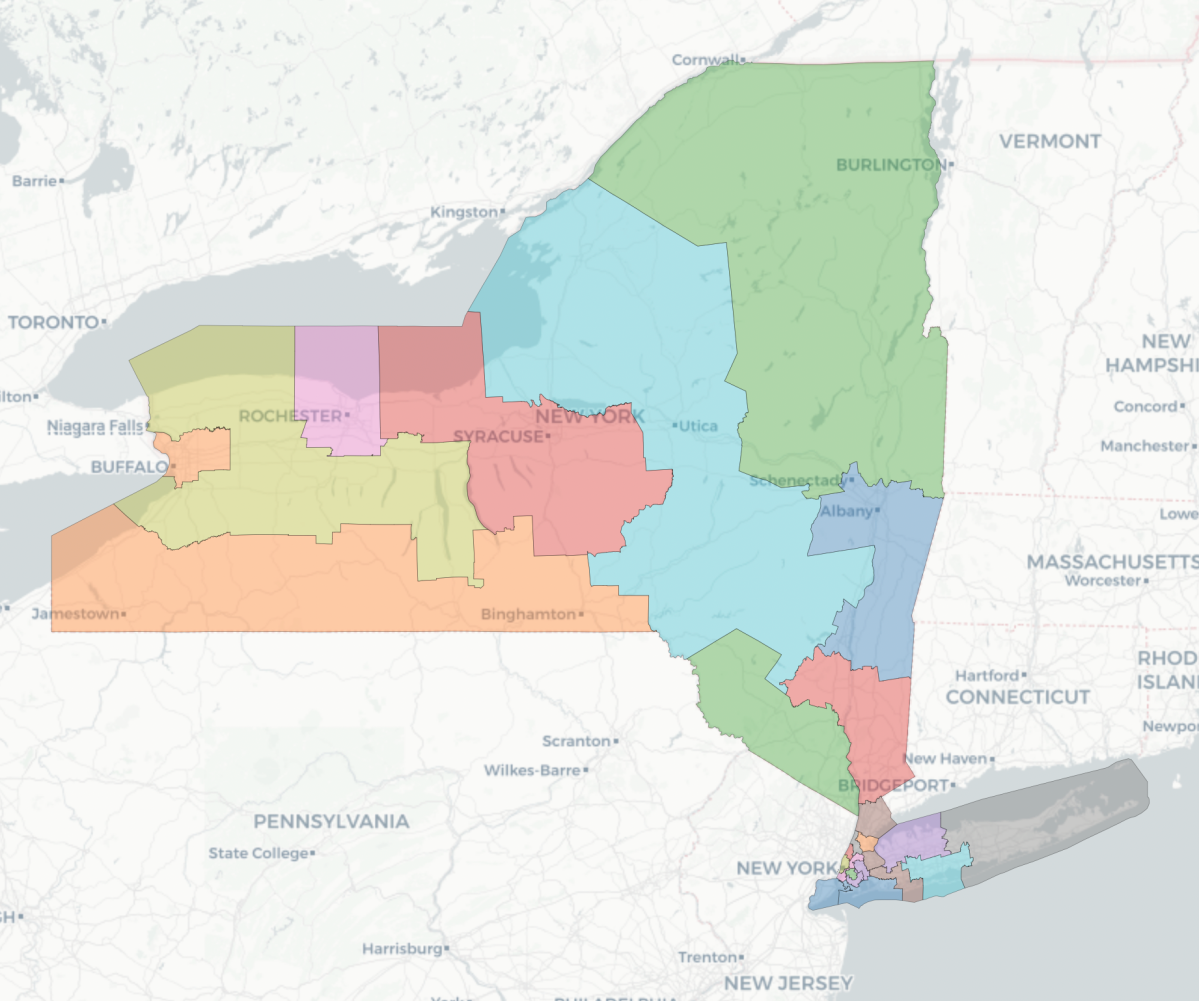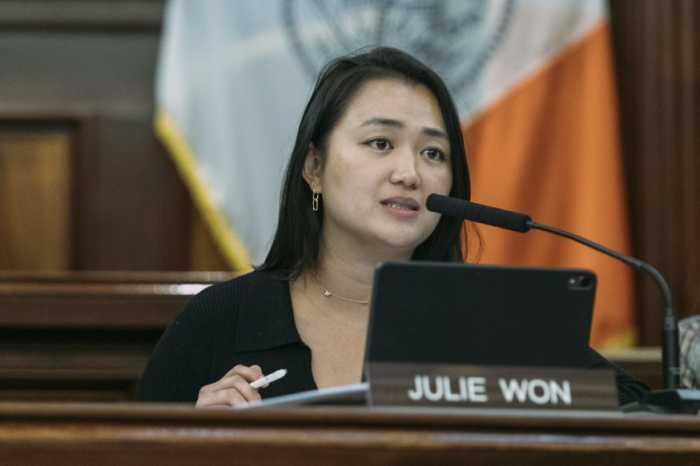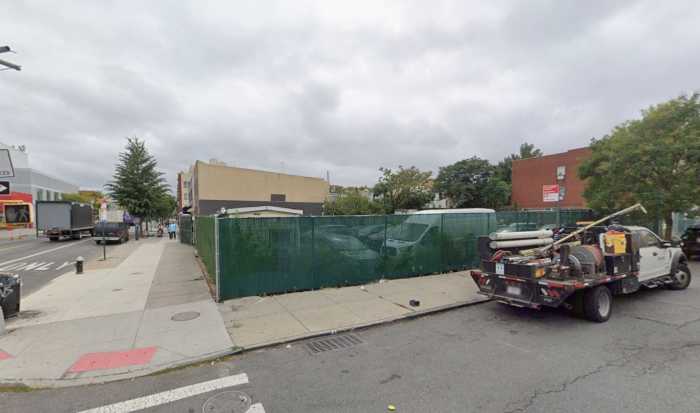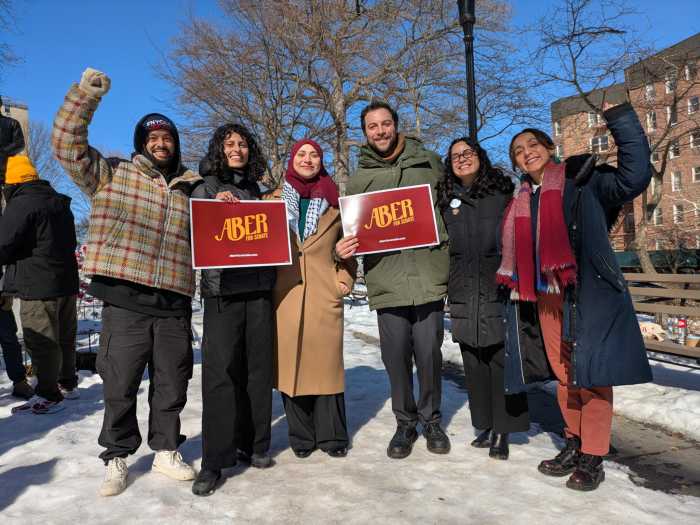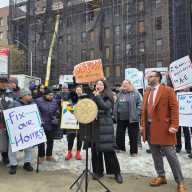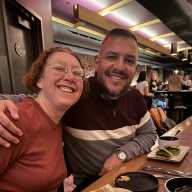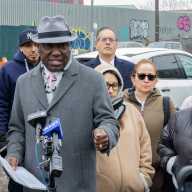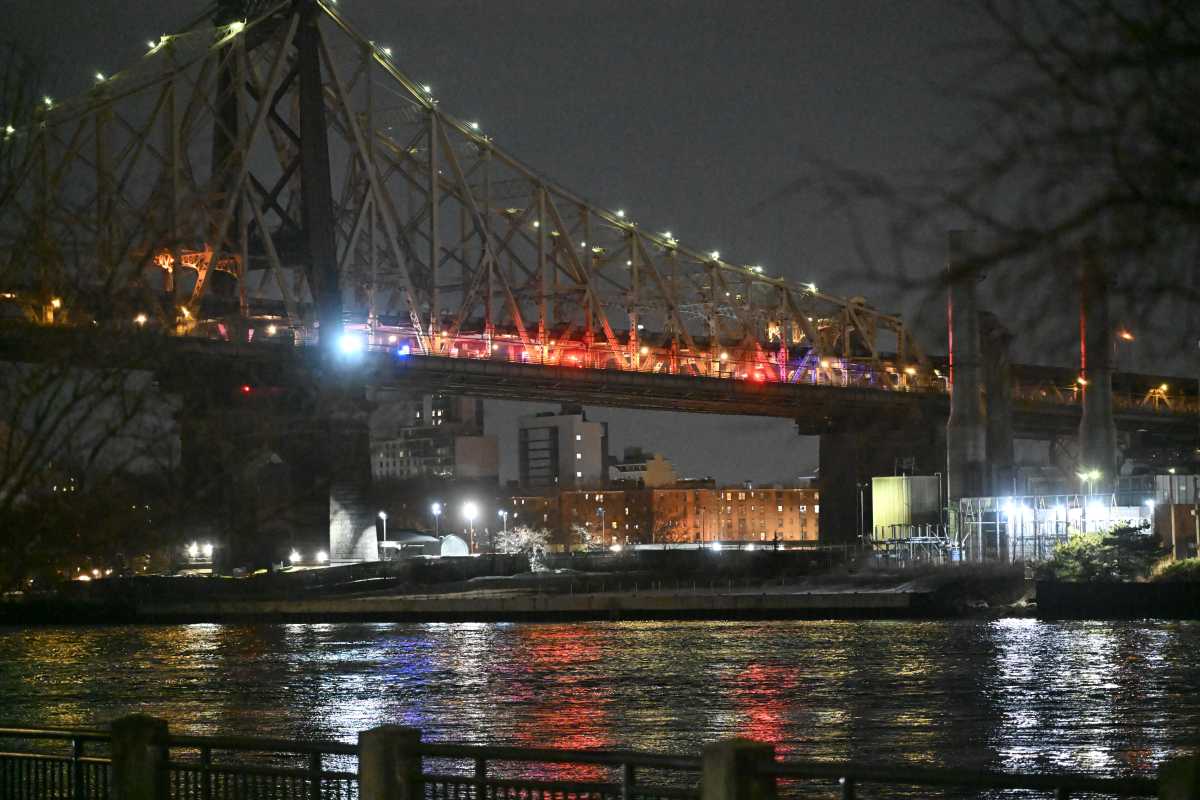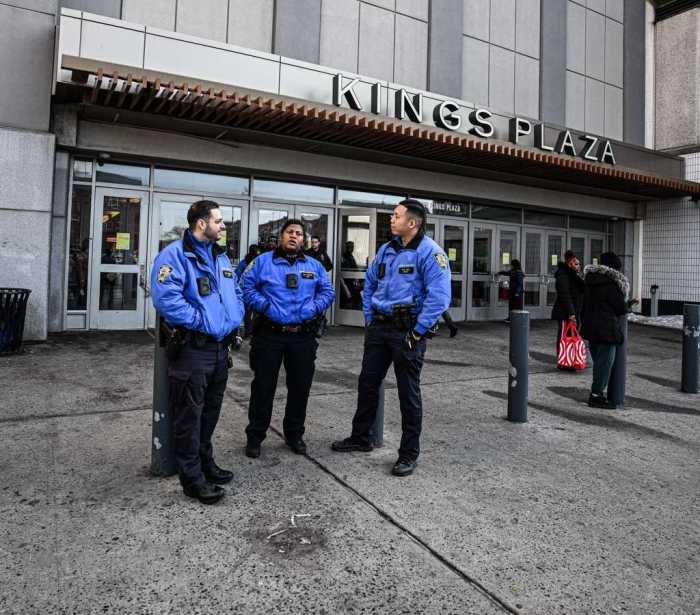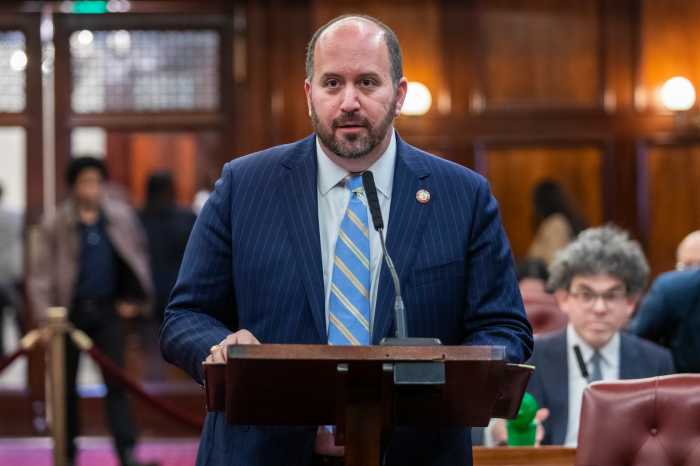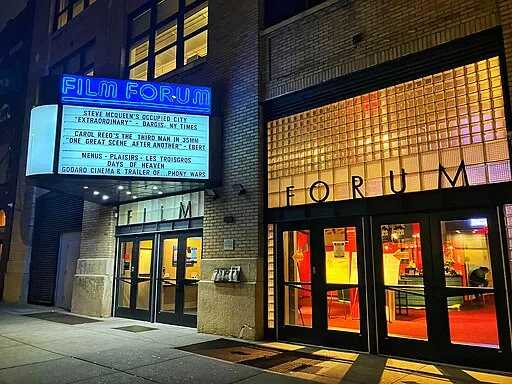As the New York State Independent Redistricting Commission (IRC) attempts to draw fair congressional district maps, Queens residents are fighting for accurate representation.
Every 10 years, the state must draw new district lines that accurately reflect the population and demographic changes reported in the most recent census. Previously, state legislators controlled the process, making it highly political.
However, in 2014, New Yorkers voted on a referendum to give the responsibility to a new independent committee, the IRC. Since these maps can reshape politics and how much a single vote counts, the IRC has a big task ahead of them.
Though this committee was intended to make the process more bipartisan, Queens residents want to see districts accurately represent the racial background of their neighbors. On Nov. 17, the IRC held a hearing at York College in Jamaica, where many Asian American activists spoke about keeping their communities together.
One woman, Julie Rong, told the IRC that Flushing had been split into two separate electoral districts though they are firmly united communities.
“The Asian American community in Flushing is multicultural and diverse,” Rong said. “We are all part of one Flushing community. The current state Senate map has fractured the Asian community in a way that precludes members of the same community from having the same representation in state politics. We must not be left behind or split up. The Asian community in Flushing is fast-growing, and this is a once-in-a-decade opportunity to make sure we are represented in state politics.”
Other advocates are pushing for areas like Richmond Hill, Ozone Park and South Ozone Park to be united to uplift Indo-Caribbean voices. Community leader Albert Baldeo said that unless his community is recognized as one, he will challenge the district lines in federal court.
“It is unconscionable to continue to deprive us of our proper and rightful seat(s) at the table of government,” Baldeo said. “Without rooting out this evil, emerging communities like ours will continue to be marginalized and exploited, and that strikes at the heart of democracy.”
The commission is expected to submit a single proposal in January. If the state Legislature denies it, then the final deadline is in February.
To submit testimony or learn more about the process, visit nyirc.gov.

